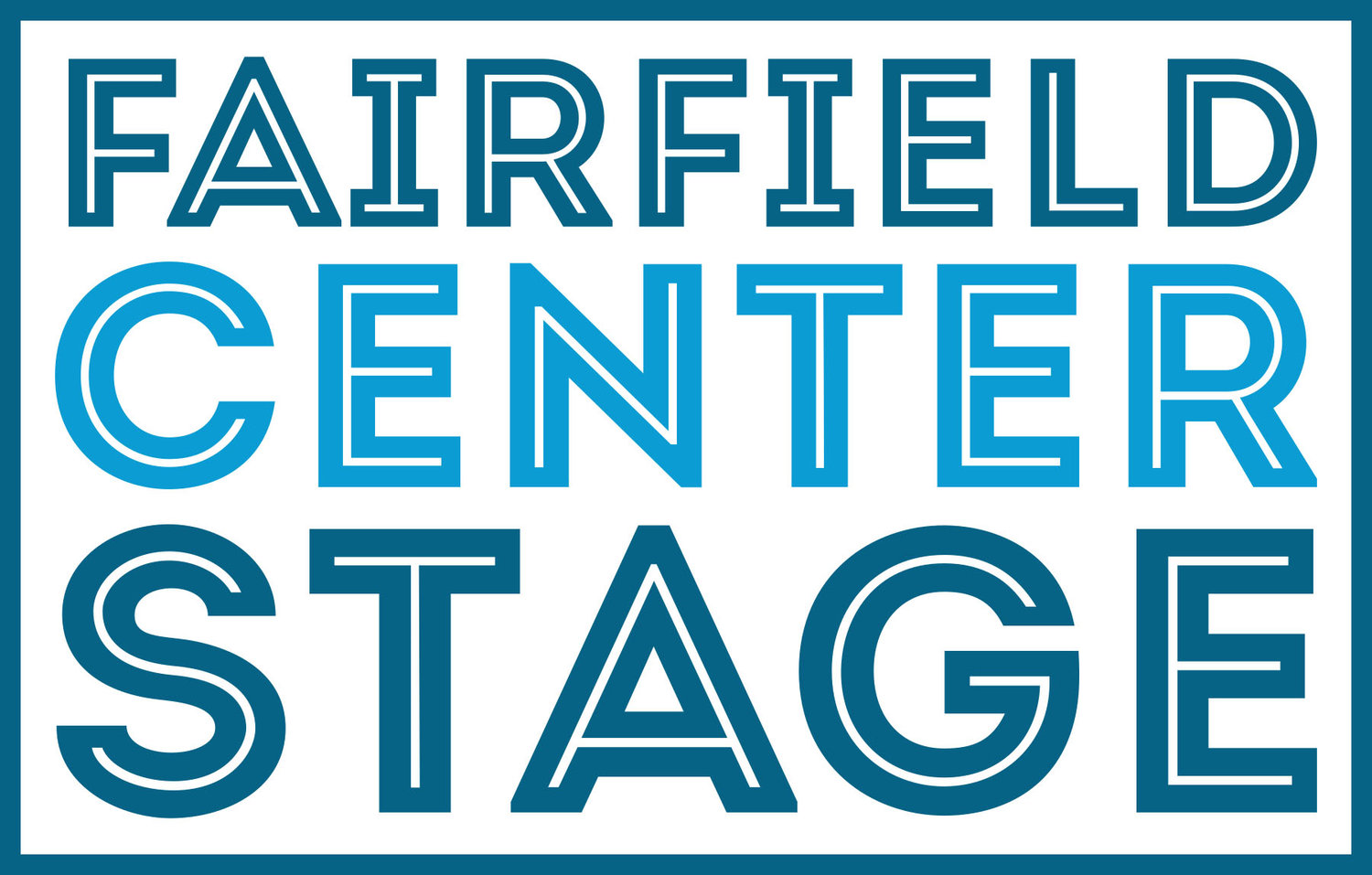Q: Why is it important for this story to be told today?
A: One of the central themes of this play is the hazards of dehumanizing people, whether it be in healthcare or academia as in the play or technology. There is a human being behind every patient, student, or social media profile. To quote Wit, now is the time for kindness. Also cancer is so prevalent that likely many of us know someone affected by it.
Q: How does your character fit into the end of Vivian's life journey?
A: The author writes the ensemble as part of telling the arc of Vivian’s life, whether we are seeing her as a physician as just another data point for research, one of her students as Vivian harshly lectures at us in a flashback, or as the Code Team at the finale of her journey.
Q: What is the overall heart of this story?
A: There is a lot to unpack in this story, and each time I engage with the text or my fellow actors, I discover something new, another layer of interpretation. This play Vivian staring down life and death, a puzzle as unsolvable as the John Donne poem that she has devoted her life to, grappling with her own Salvation Anxiety. Wit also exploring the shields we erect around us like wit is for Vivian, a shield that holds her at arms length from other people.
Q: What do you hope the audience takes away from this experience?
A: Since this play is multilayered, each person will likely come away with their own emotional reactions. Some of the most poignant scenes that resonated with me are the moments of sweetness: a shared popsicle, a bedtime story with unexpected depth- that solidify the impact of a simple act of kindness.








